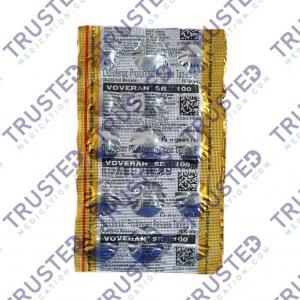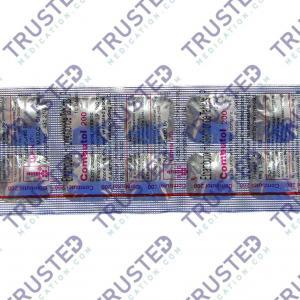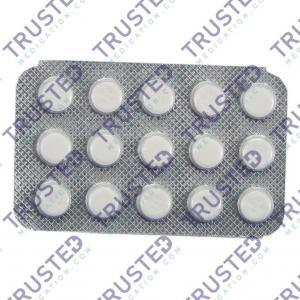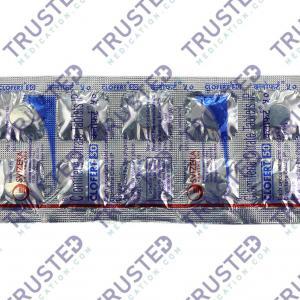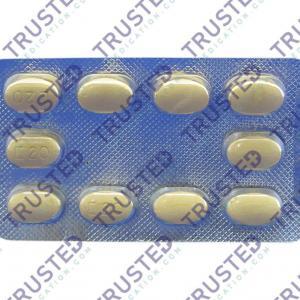
Asthma triggers vary from person to person. Some people react to only a few, while others respond to many. If you have asthma, keeping track of the causes or triggers that make it worse is vital. Because the symptoms only sometimes occur right after exposure, this may take some detective work. Delayed asthma episodes may occur depending on the trigger type and how sensitive a person is to it.
What Are Its Environmental Triggers And How To Prevent Them?

Allergy triggers that can lead to asthma symptoms include:
- Dust mites
- Animal dander – especially from cats and dogs
- Mold spores – which can be worse at certain times of the year
- Pollen – from grass, weeds, and trees and usually occurring seasonally
- Workplace substances – such as latex, wood dust, or flour
Reducing exposure to substances that trigger your allergies and asthma symptoms is essential to managing asthma. However, even with good allergy and trigger management, you should speak with your doctor about taking regular preventer medication to keep your asthma under control.
Taking regular preventer medication is the most critical part of asthma management. But being aware of and reducing exposure to your triggers, if you can, will help you get better control and confidence over your asthma.
How Can Physical Activity Trigger Asthma Attacks?
Exercise and physical activity are vital for keeping fit and healthy and are essential to good asthma management. Sometimes, however, exercising or being physically active can trigger an asthma episode. It is known as exercise-induced bronchoconstriction (EIB). Previously it was called exercise-induced asthma.
Exercise-induced bronchoconstriction affects:
- Up to 90% of people with asthma
- Up to 50% of competitive athletes
- 18 to 26% of schoolchildren
Exercise-induced bronchoconstriction is usually easily managed and should be part of any asthma management plan. Regular exercise will improve your overall health and well-being.
You should be able to exercise as often as you wish. If you regularly experience asthma symptoms during exercise, consult your doctor or respiratory specialist. People with asthma should be able to participate in almost any sport or activity. Scuba diving is the only sport not generally recommended. Most people with asthma can exercise fully with reasonable asthma control.
How do Stress and Emotion Trigger Asthma Attacks?

Feeling and expressing solid emotions may cause asthma symptoms if you have asthma. When you feel strong emotions, your breathing changes even if you don’t have asthma. It is not the emotion itself that causes the asthma symptoms. It causes muscles to tighten up or your breathing rate to increase.
Some examples of strong emotions that can trigger asthma symptoms are:
- Anger
- Fear
- Excitement
- Laughter
- Yelling
- Crying
Laughing is part of the joy of life and should not be avoided because of asthma. If laughter is an asthma trigger for you, talk with your healthcare provider about your asthma treatment. Find ways to stay calm and express yourself without yelling. Remember to breathe deeply and slowly when feeling stressed, upset, or angry.
Stress and anxiety can trigger asthma symptoms. Properly managing your stress can reduce your risk of having a stress-induced asthma attack or episode. Studies show mindful breathing and observation can reduce stress and enhance overall health.
Here are some ways to manage your emotions:
- Get emotional support. Everybody feels emotional from time to time. If you feel overwhelmed or down, talk to somebody you trust about how you feel.
- Use a written asthma action plan to know what to do if your symptoms come on.
- Manage your asthma well. It means taking your preventer medicines as prescribed, even if you feel well.
- Always keep your reliever inhaler (usually blue) with you, especially when you know you might feel emotional.
- Try breathing exercises. This help ease your asthma symptoms and help you feel more relaxed.
You can also take this medication when asthma triggers:
- Beclomethasone Dipropionate – this medication is effective in controlling bronchial asthma attacks. It helps relieves the signs of runny, itchy, stuffy nose and sneezing. The drug inhibits substances that cause inflammation in the lungs. It stops swelling, pain, and redness. It prevents the factors that cause asthmatic conditions. Beclomethasone Dipropionate suppresses the airways’ swelling by targeting the inflammation-causing factor making breathing easier.

